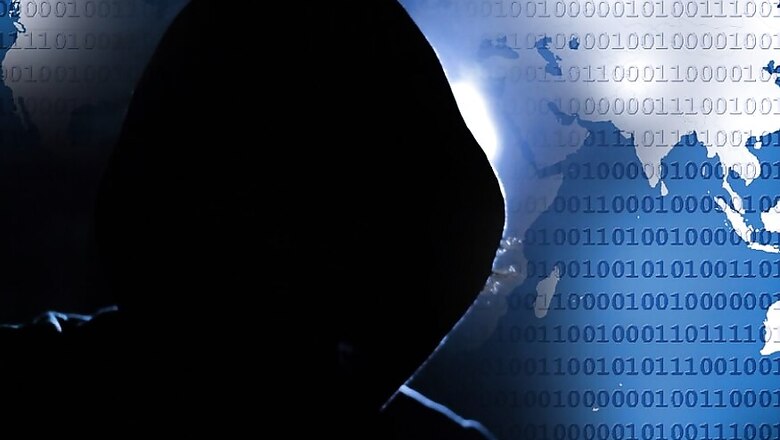
views
Nearly four in ten Indian adults (39 percent) have experienced some sort of identity theft in their lifetime, with 10 percent in 2019 alone, a new report said on Monday, adding that identity theft and cybercrime appear to be more common among men than women in the country. Despite the potential for abuse or misuse, most Indians (58 percent) support the use of facial recognition. The report by NortonLifeLock, a global leader in consumer cyber safety, revealed that 61 percent of respondents feel well-protected against ID theft but 63 percent would have no idea what to do in case of identity theft.
More than three-quarters (79 percent) wish they had more information on what to do if it were to happen. Overall, a strong majority of respondents (80 percent) reported being a victim of cybercrime at some point in their lives, with two-thirds (66 percent) having experienced cybercrime in the past 12 months.
"Headlines of identity theft, data breaches, and online fraud are on the rise and it is crucial that we understand the seriousness of protecting personal information," said Ritesh Chopra, Country Director, NortonLifeLock, India. While the report suggests Indian consumers are more concerned about the misuse of personal information among other countries, "it also reveals that they are complacent about sharing their data if they get something in return," Chopra added.
The two main concerns of the respondents were: selling of sensitive personal information to third parties and their personal information being exposed in a data breach. Interestingly, almost all Indian respondents (94 percent) have actively taken steps to hide their online footprint. A majority (74 percent) have at times chosen not to download a certain app or use a specific service solely because of its privacy policy.
"They are also more likely than consumers globally to have opted against purchasing a smart home device over privacy or security concerns (63 percent vs. 37 percent global average). Indian respondents are far more likely than consumers globally to report if they come to know about a company selling their online search or shopping history to other companies. When it comes to managing and protecting their personal information, Indian respondents have little or no trust in many of the organizations that collect it.
"Indian adults are split on who should be held most responsible for ensuring the protection of personal information and data privacy, with 42 percent saying it is the government that should be most responsible, followed by companies (32 percent). The "NortonLifeLock Cyber Safety Insights Report" was conducted online by The Harris Poll on behalf of NortonLifeLock among 10,063 adults in 10 countries. "It is crucial for each one of us to be mindful of our digital footprint, the kind of data we are actively sharing with third parties and the extent of access we are giving them through our devices,' advised Chopra.




















Comments
0 comment